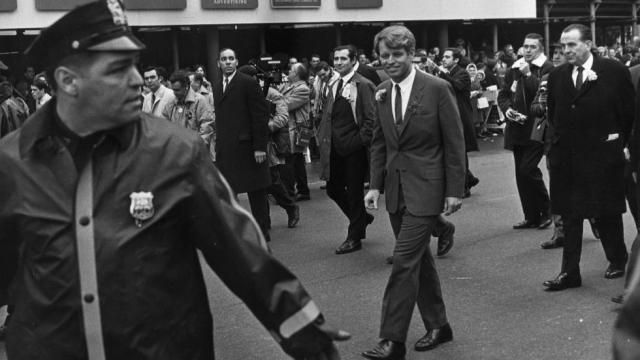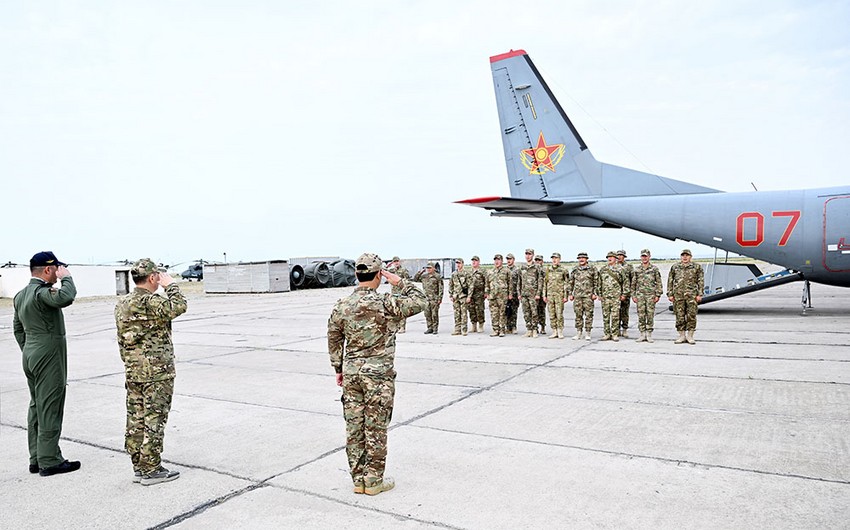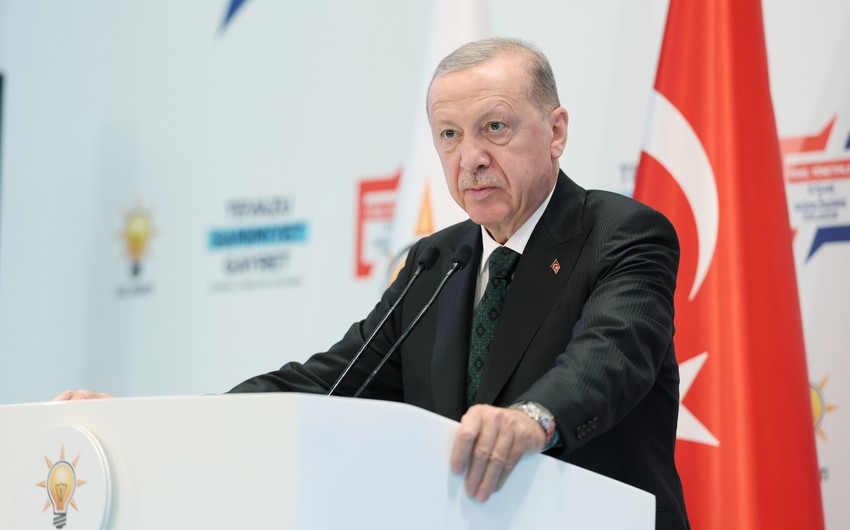At 12:10 a.m. on June 5, 1968, the ebullient, rockstar-like presidential candidate Robert F. Kennedy, then a U.S. senator from New York, was shot in a crowded kitchen at the Ambassador Hotel in Los Angeles, and died the following morning. He had just finished thanking supporters in the Embassy Ballroom for their work on his Democratic primary fight in California when a turn of events changed American history.
As one who knew and worked for Kennedy, I have watched the broadcast of these dramatic, mournful moments countless times since then. In RFK’s haunting words, still relevant a half-century later, he told his cheering audience: “I hope we can end divisions in the United States. ... We can work together. ... We are a great country, and a selfless ... compassionate country.”
Because the triumphant crowd was so large and chaotic, his aide Fred Dutton had changed the route to a waiting press conference in another room and they exited to “his rendezvous with death,” in Newsweek’s words. The entourage walked through curtains behind the dais and into the crowded kitchen pantry where lurked Sirhan Sirhan, a young Palestinian immigrant who hated RFK because of his support for Israel. He shot Kennedy in the head and neck with a .22 pistol and wounded five others before he could be disarmed. A busboy handed the wounded Kennedy a rosary. Kennedy asked, “Is everybody else all right?”
At Good Samaritan Hospital, neurosurgeons removed bullet and brain fragments from Kennedy’s brain but he was pronounced dead at 1:44 a.m. on June 6.
There are shelves of Kennedy books — the family, the spouses, JFK, Ted, Joe the elder, and a bunch about RFK — including one I wrote in 1995. Yet, as one who worked closely with him for four years at the Justice Department and as a speech writer in his Senate campaign in New York, I am reminded of the many debates throughout his career about what he was — a progressive icon, or a ruthless power-seeker? Those of us who knew and worked with him know the answer is complex, but there were and may still be many skeptics.
RFK was a unique public figure. Early critics could not forgive his brief work early in his career with Sen. Joseph McCarthy (R-Wis.) and his tough battles with Teamsters leader Jimmy Hoffa. When I was in his organized crime and rackets group of prosecutors, liberal friends asked how I could work for such a tough guy. When we campaigned in New York in 1964, many skeptical liberals supported his opponent, Kenneth Keating. In my memorabilia file is a note he scribbled to me: “Every time I pick up a paper you are defending me.” Saul Bellow explained that populist tradition makes us “wary of the powerful.”
When Alabama’s racist governor, George Wallace, campaigned for the presidency in 1968 in 20 northern and rust-belt states, many Wallace supporters — blue-collar and union people — backed RFK until he was killed. One surprised reporter asked some why they switched allegiance from Kennedy to Wallace; their responses were hauntingly similar to what we have heard from Donald Trump supporters in the past year: “He has guts. ... He says what he means. ... He is strongly critical of the political establishment.” Of course, the fundamental difference between the two candidates was that Wallace exploited his political independence for racist purpose, while RFK used his maverick candidacy to advocate progressive positions. One was shot and killed; the other was shot, survived but paralyzed.
Wallace reached the dark side of an angry populace; Kennedy inspired people. He was, as we lawyers say, sui generis — a class alone.
Slowly, RFK’s admirers formed an eclectic, worldwide circle. He appealed to Staten Island cab drivers, California farmworkers, Ivy League scholars, poor Mississippi blacks, wealthy Manhattan liberals and far away fans in Africa and Asia. I watched him evolving as a public character, “one of the great what-ifs of American political history,” the brilliant essayist Louis Menand wrote in the New Yorker, “a kind of existentialist messiah.”
In his New York years, Sen. Kennedy sought out the needy in Bedford Stuyvesant while some vocal critics in the Upper West Side fretted over his liberal credentials. When he was killed, his influence was growing exponentially, still short of — but close to — reaching his political pinnacle. This shy man had become a popular world figure.
Norman Mailer was prescient when he claimed that “Bobby Kennedy may be the only liberal ... who could be a popular defense against the future of the Right Wing. ... The Democratic Party is ... bankrupt of charisma; the Right Wing has just begun.” The man who liberals distrusted had become the country’s most progressive politician, a national leader in matters of social justice and peace.
Had RFK, then just 43 years old, walked a different route out of that hotel ballroom after his victory speech 50 years ago and not met his fate, I believe he would have followed his brother to the White House. The Vietnam War would have ended much sooner; there would have been no Watergate; a next generation would have been as excited as we were, not cynical about working for the government. When Kennedy died, Menand concluded, so did “the seeds of whatever future America he carried within him.”
Kennedy’s former deputy at the Justice Department, Nicholas Katzenbach, said of our work with RFK: “He inspired in us a high form of public service.” A half-century later, he still does.










